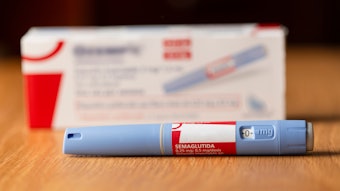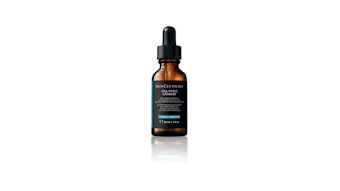
Yale researchers are developing a skin cancer treatment that involves injecting nanoparticles into the tumor, killing cancer cells with a two-pronged approach rather than surgery. Published in the Proceeding of the National Academy of Sciences, the treatment includes tumors being injected with polymer-based nanoparticles carrying a chemotherapy agent.
The key to the treatment is that the nanoparticles are bioadhesive so that they bind to the tumors and remain attached long enough to kill a significant number of cancer cells. Another critical aspect is that the treatment can be combined with an agent that stimulates the body's immune system.
"When you inject our nanoparticles into a tumor, it turns out that they're retained within that tumor very well," said co-author Mark Saltzman, the Goizueta Foundation Professor of Biomedical Engineering, Chemical and Environmental Engineering, and professor of physiology. "They accumulate and bind to the tumor matrix, so one single injection lasts for a very long time -- the particles stay there and slowly release the compounds. You need that to get rid of the lesion."
Related: Top 20 Most "Worth It" Cosmetic Procedures
For comparison, the same drug without the nanoparticles was injected into tumors of control models, and the researchers found that the tumors were significantly more diminished when the drugs were delivered by nanoparticles. Saltzman's lab worked to optimize the nanoparticles ability to carry the drug and deliver as much of the chemotherapy agent in a single dose as possible. This delivery system allows for the use of particularly powerful drugs due to the nanoparticles ability to remain at the site of the tumor. It also limits the toxicity of the drug since it is applied directly to the tumor and not to the entire body like traditional chemotherapy.
Ridding tumors with an injection could potentially eliminate the need for surgery for many patients, thus avoiding other potential wound infections and other complications. Also, the use of an injection-based therapy could help to treat multiple tumors in one visit for some patients.
"In these studies, we did just a single injection, and that's how we'd like it to work clinically," Saltzman said. "You go to a dermatologist, they see a lesion and inject into it. It's gone, and you don't have to come back."











